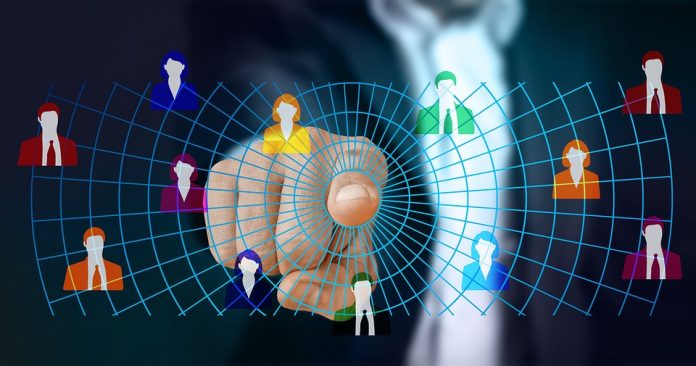Artificial Intelligence (AI) is an ever-evolving field that continues to revolutionize how things are done. From self-driving cars to chatbots, AI has transformed the way businesses operate, enhanced the ability of humans to perform tasks, and made our lives easier. But, what exactly are the key components of artificial intelligence and how do they work? In this blog, we’ll dive into the fundamental components of artificial intelligence and explore the unique benefits this technology brings to the table.
What Are the Key Components of Artificial Intelligence?
The key components of artificial intelligence are as follows:
1. Machine Learning: Machine learning is a method of teaching machines how to learn and improve their performance without being explicitly programmed. Machine learning enables computers to learn from data and make decisions based on that data.
2. Natural Language Processing (NLP): NLP is a subfield of AI that deals with the interaction between humans and computers using natural language. It involves teaching machines to understand, interpret, and generate human language.
3. Robotics: Robotics involves the development of robots that can perform tasks without human intervention. It involves designing, building, and programming robots to perform a specific task.
4. Computer Vision: Computer vision is the ability of machines to interpret and understand visual data from the world. It involves teaching machines to recognize images, objects, and patterns.
Each of these key components plays a crucial role in creating the intelligence of an AI system. When combined, these components form an intelligent system that can think and act like humans. Let’s dive deeper into some of the unique benefits AI offers and address any potential objections.
Benefits of Artificial Intelligence
1. Increased Efficiency: One of the key benefits of AI is its ability to increase efficiency in various industries. For instance, AI-powered chatbots can handle customer queries 24/7, freeing up human resources for more critical tasks. Automated warehouses, which use robots to move goods, have increased productivity levels by over 200%.
2. Improved Quality: AI can help improve the quality of products and services through enhanced accuracy, speed, and consistency. For example, machine learning algorithms can analyze and detect anomalies in real-time, reducing the likelihood of errors in any process.
3. Enhanced Personalization: AI systems can be used to personalize products and services according to individual customer preferences. With NLP technology, chatbots can personalize responses to customer queries, leading to increased customer satisfaction.
4. Reduced Costs: AI can help businesses reduce costs in various ways. For example, predictive maintenance of machinery can help prevent costly breakdowns by detecting faults before they occur. AI-powered virtual assistants can help reduce staffing costs by performing tasks that would otherwise be carried out by humans.
Despite these benefits, there are still potential objections to AI.
Addressing Concerns About AI
One of the main concerns about AI is the impact it may have on human jobs. Some people worry that AI systems may automate human jobs, leading to significant technological unemployment. However, while some jobs may become redundant, AI will also create new jobs in areas such as robotics, data science, and programming.
Another concern is that AI systems may be biased or unethical. It is crucial to ensure that AI systems are developed to avoid bias and are based on ethical principles. Transparency and regulation are essential to ensure that AI is developed and implemented in a responsible and ethical manner.
Finally, some worry that AI may become too powerful and uncontrollable. However, this is a theoretical concern, and it ignores the fact that AI systems are always designed and built by humans. It is therefore essential to continue to promote responsible development and regulation of AI systems to mitigate these concerns.
Conclusion
In conclusion, the key components of artificial intelligence, including machine learning, natural language processing, robotics, and computer vision, forms an intelligent system that provides unique benefits to various industries, including increased efficiency, improved quality, enhanced personalization, and reduced costs. While there are potential concerns about the impact of AI on human jobs, the possibility of bias and the ethical principles around these systems, these concerns can be addressed through responsible development and regulation of AI systems. The potential of AI is enormous, and the world is just beginning to tap into its power.

